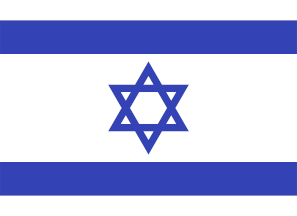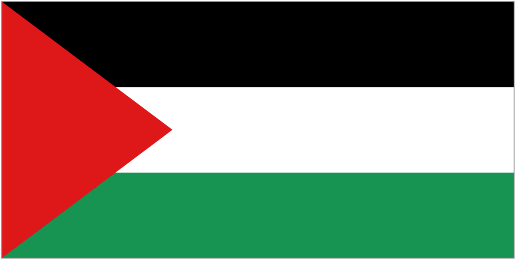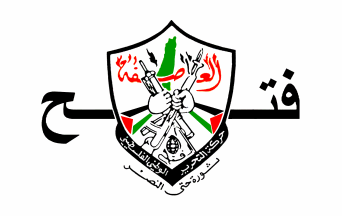Most of you have probably heard that saying sometime in your lives, probably from adults shaking their heads at children. I've always objected to such generalizations, even regarding children. Kids have names, personalities, and stories - not as many as adults, but stories nonetheless. Even kids deserve to be listened to and understood.
That being said, what about those kids in the political playgrounds? Should we just write them off as typical politicians, or should we seek to understand them? Since I see no harm in the latter, let's do that.
Israel
 |
| source: cwrflags.com |
Led by Prime Minister Binyamin Netanyahu, Israel is directly involved in the conflict. Netanyahu is the leader of the right-wing Likud party, currently a part of a coalition with other right-wing parties in the Knesset (parliament). Netanyahu is seen as one of the most right-wing politicians in Israel, known for his opposition to handing back land in return for peace. But he has stated he would accept the creation of a Palestinian state, on the condition of complete demilitarization. The Palestinians objected, citing injustice on Israel’s part.
Palestine
 |
| source: flags.net |
Palestinian politics isn't easy to describe, because it's divided into halves: Fatah and Hamas.
Fatah
 |
source: crwflags.com |
Fatah was founded in 1959 by Palestinian leader Yasser Arafat to promote complete liberation of Palestine from Israeli control. It recognized Israel's right to exist and tried to reach a two-state solution with the Israelis in the Oslo Accords, meaning the disputed land would be divided into a Jewish state and a Palestinian state. Fatah is currently led by Western-backed President Mahmoud Abbas, who supports having peace with the Israelis and criticizes "armed resistance" attacks on them. He wishes to establish a Palestinian state in the West Bank and the Gaza Strip with East Jerusalem as its capital.
Hamas
| source: wikipedia.org |
Hamas is the Palestinian branch of the Muslim Brotherhood, an Islam fundamentalist group. Its goal: to establish an Islamic state in what it terms Palestine (much of Israel, the West Bank and Gaza). Its charter acknowledges its desire to destroy Israel to achieve its means. It gained prominence when it won the 2006 parliamentary elections, due to allegations of corruption on part of Fatah. Led by Ismail Haniyeh, Hamas focuses on social welfare and “armed resistance”, gaining the approval of many Palestinians. However, its history of violence against Israelis has labeled it as a terrorist organization to many in the West.
The 2006 election brought months of factional fighting, killing hundreds of Palestinians. The fighting continued until Fatah struck a deal with Hamas to join a unity government as a junior partner. But the tensions never faded, and conflict soon broke out again. On June 14 2007, Abbas dismissed the Hamas-led unity government, an action which Haniyeh claims to be illegal, since it has not gotten approval in the Hamas-dominated Palestinian Legislative Council.
So there you have it. But what are these stakeholders doing right now? Israel continues to build Jewish settlements in East Jerusalem, deemed illegal even by pro-Israeli Western powers. Hamas refuses to cooperate with Israel, and instead launches rocket attacks from the Gaza Strip. Fatah tries to achieve their goals by appealing to the international community while ignoring the Israelis (as seen by its recent attempts to attain a seat at the UN).
A bit complicated? Consider this: there's a kid eating another's candy even after being told not to, then there’s a kid trying to get the candy back with fists, and then you have another kid trying to tattletale on the candy-stealer. But no one addresses the root cause: that the kid is stealing the candy because he thinks it's his. Is there anything to be done about that? Perhaps, but more on that later.
I know that it is a very complex issue, but what do citizens "on the ground" have to say ? What do regular Israeli citizens think according to polls and surveys (ie: stop the settlements ? negotiated land divisions), also what do most Palestinians want ? What % of Palestinians support Hamas ? Great post : )
ReplyDelete